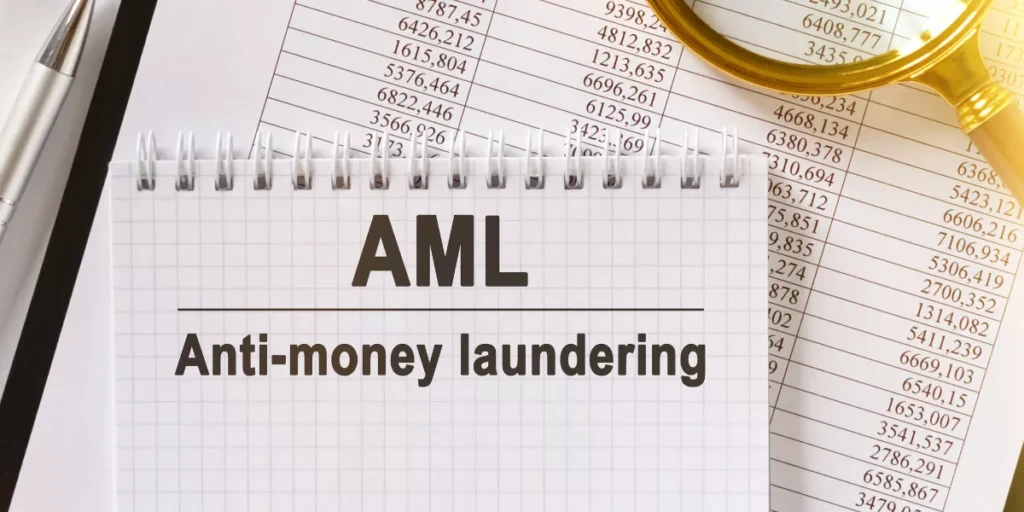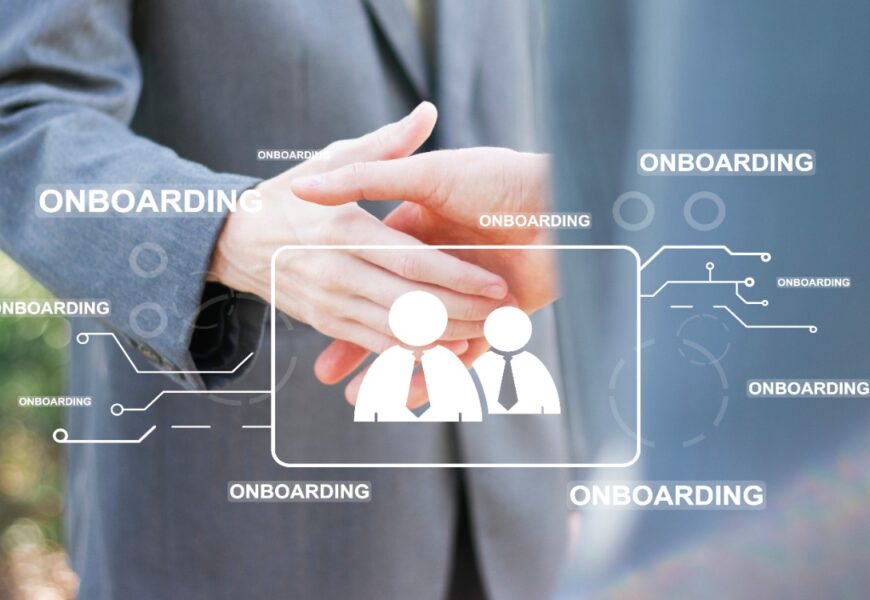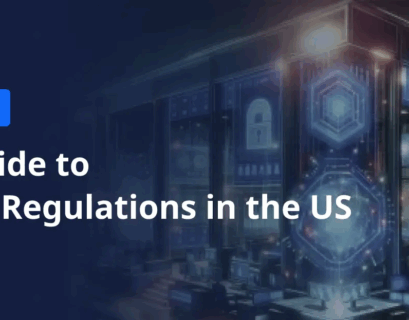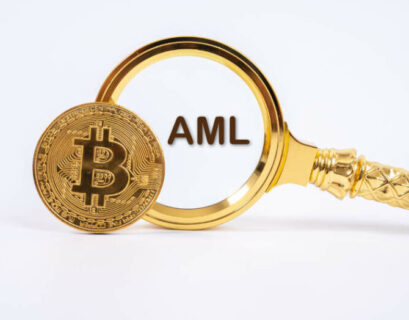Picture this: You’re at the airport. Everyone goes through security—bags scanned, pockets emptied, IDs checked. It can feel like a hassle, but we all know why it’s there: to keep dangerous things from slipping through.
AML works the same way, but for money.
So, what is AML?

AML stands for Anti-Money Laundering.
Criminals make a lot of money from bad stuff—drugs, fraud, corruption, even terrorism. But they can’t just deposit that “dirty” money into a bank account. So, they try to launder it—hide it, move it around, and make it look “clean.”
They usually do it in three steps:
Placement – sneaking the dirty money into the financial system (like depositing cash at a bank).
Layering – shuffling it around with lots of transactions so it’s harder to trace (wires, crypto, shell companies).
Integration – using the “cleaned” money to buy homes, cars, businesses, or investments.
AML is the system of checks, rules, and monitoring that’s designed to catch this before it gets too far.
Why Does AML Matter?
Think back to airport security—yes, it can slow you down, but without it, the risks would be huge. AML is similar. Here’s why it matters:
- It Protects the Financial System
If criminals could pour dirty money into banks and businesses freely, the system would be wide open to abuse.
- It Stops Crime from Growing
Dirty money doesn’t just sit around—it fuels more crime. Terrorist groups, human trafficking, drug networks… they all need funding. AML cuts off that lifeline.
- It Saves Businesses from Trouble
Banks, fintech’s, and money service businesses face massive fines if they ignore AML. Beyond money, their reputation takes a hit, and trust once lost is hard to win back.
- It Builds Trust
Just like you feel safer flying knowing there’s airport security, customers feel safer knowing their bank or payment app takes AML seriously.
Who Needs to Care About AML?
It’s not just banks anymore. AML now touches:
- Fintech apps
- Crypto exchanges
- Money transfer companies
- Real estate deals
- Insurance companies
- Even law firms
Basically, if a business touches money, AML touches them.
The Future of AML
Criminals are getting cleverer, but so are the tools used to fight them. Regulators and companies are now using AI and advanced technology to spot suspicious activity faster. Crypto and digital assets are also pushing AML into new territory.
Wrapping It Up
At the end of the day, AML is like a security guard for the financial world. It might not always be visible, but it’s there working in the background, making sure criminals can’t just slip dirty money into the system unnoticed.
So, the next time you hear “AML,” don’t think of it as boring regulations. Think of it as society’s defence system—keeping money safe, protecting communities, and making sure businesses earn trust the right way.











